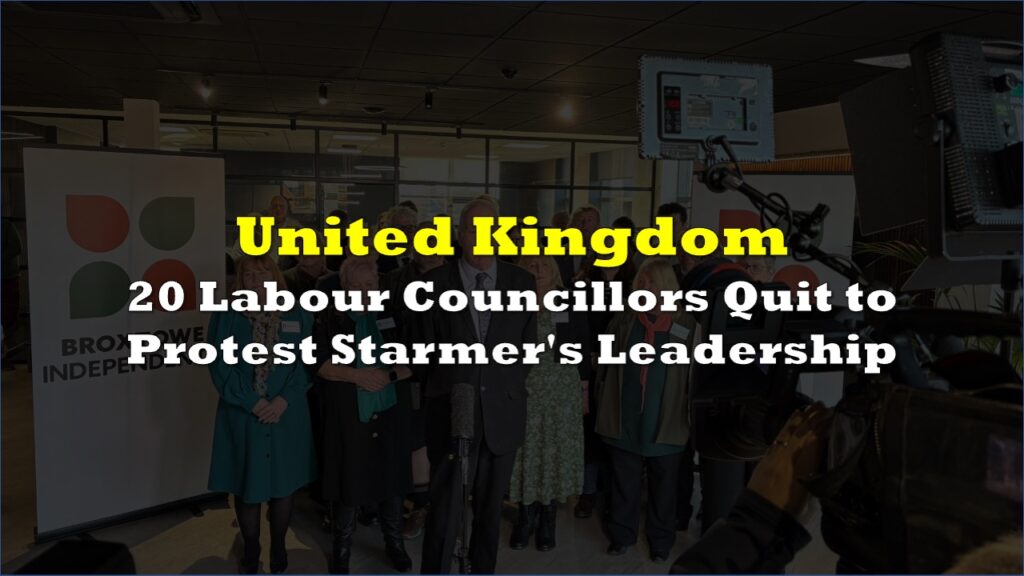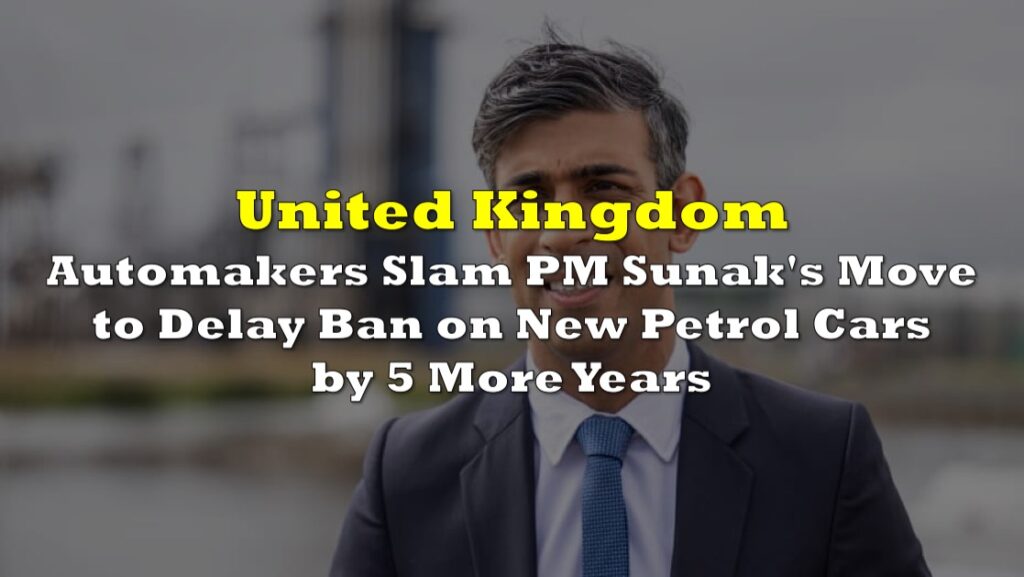In a seismic shift for British politics, the Labour Party has secured a commanding majority in the House of Commons, marking their return to power after over a decade. Labour, led by Keir Starmer, won over 410 seats, far surpassing the 326 needed for a majority. This victory delivers a significant blow to the Conservative Party, which is facing its worst election result in history with just 121 seats.
The highly accurate joint BBC/SkyNews/ITV exit poll predicts a landslide Labour Party VICTORY with 410 seats.
— Jimmy Rushton (@JimmySecUK) July 4, 2024
The Conservatives are predicted to win 131 seats, and the Liberal Democrats 61. pic.twitter.com/nfrSu4MqbV
Starmer, who took over the Labour leadership in 2020 following a crushing defeat under Jeremy Corbyn, has steered the party back to the center ground of British politics. Speaking to jubilant supporters, Starmer emphasized the responsibility that comes with such a decisive mandate.
“A mandate like this comes with a great responsibility,” he said. “The fight to regain people’s trust after years of disillusionment is the battle that defines our age.”
His campaign focused on reviving the UK’s stagnant economy, investing in infrastructure, and positioning Britain as a leader in green technology. His message resonated with voters tired of political turmoil and economic stagnation. “Change begins now,” Starmer declared, promising a new era of stability and progress for the UK.
Conservative’s defeat
For the Conservatives, the election results are a devastating setback. Outgoing Prime Minister Rishi Sunak conceded defeat early on Friday morning, acknowledging the electorate’s clear demand for change.
“First and foremost, I am sorry,” Sunak said in his farewell address outside 10 Downing Street. “You have sent a clear signal that the government of the U.K. must change, and yours is the only judgment that matters.”
The Conservative Party’s seat count is the lowest since 1832, reflecting widespread dissatisfaction with the party’s handling of Brexit, the COVID-19 pandemic, and economic policies. “This is a catastrophic result in historic terms for the Conservative Party,” admitted former Conservative leader William Hague.
NEWSFLASH:
— Tim Mak (@timkmak) July 4, 2024
After 14 years in power, the U.K.’s Conservative government is on track for its worst-ever election result.
It is now projected to be replaced by the Labour party, led by Keir Starmer — exit polls suggest that Starmer’s party will wield a massive majority: pic.twitter.com/0WdrpwbhXI
Nigel Farage’s Reform UK, a right-wing populist party, made significant inroads, capturing 4 seats. This marks a notable achievement for a party that had no parliamentary representation prior to the election. However, their overall impact fell short of some predictions, underlining the challenges smaller parties face under the UK’s first-past-the-post electoral system.
The Liberal Democrats also performed well, securing 71 seats, a gain of 60 from the previous election. This resurgence is particularly pronounced in affluent southern constituencies, traditionally Conservative strongholds. “We are very happy with our performance and the trust voters have placed in us,” said Liberal Democrat leader Ed Davey.
The Scottish National Party (SNP), meanwhile, faced a significant setback, dropping to just 9 seats from their previous 48. This result puts a serious dent in the SNP’s dream of securing independence for Scotland. SNP leader Nicola Sturgeon acknowledged the disappointment, stating, “We have a lot of work to do to regain the trust of the Scottish people.”
Political analysts highlight that Labour’s victory, though resounding in terms of seats, was achieved with a smaller share of the popular vote compared to previous Labour wins. This suggests that while the public rejected the Conservative government, there remains a degree of skepticism about the political establishment as a whole.
“British voters are about to see a marked change in political atmosphere from the tumultuous ‘politics as pantomime’ of the last few years. We’re likely to experience a period of relative stability,” said Anand Menon, a professor of European Politics at King’s College London.
Start of an era
Labour’s victory is historic as it marks the party’s first return to power since Tony Blair’s landslide win in 1997, ending a 14-year Conservative reign.
Despite the victory, Starmer faces an uphill task. The UK’s economy remains sluggish, with rising poverty and strained public services. The electorate’s demand for immediate and effective change puts immense pressure on the incoming government. Labour’s shadow foreign secretary, David Lammy, underscored this urgency, stating, “If we do not deliver for working people, we will be out and nationalists will be on our tails.”
Britain has experienced a run of turbulent years that has left many voters pessimistic about their country’s future. The U.K.’s exit from the European Union followed by the COVID-19 pandemic and Russia’s invasion of Ukraine battered the economy, while lockdown-breaching parties held by then-Prime Minister Boris Johnson and his staff caused widespread anger.
Johnson’s successor, Liz Truss, rocked the economy further with a package of drastic tax cuts and lasted just 49 days in office. Rising poverty and cuts to state services have led to gripes about “Broken Britain.”
Voters across the UK expressed a strong desire for change. “Nothing has gone well in the last 14 years,” said London voter James Erskine, who was optimistic for change in the hours before polls closed. “I just see this as the potential for a seismic shift, and that’s what I’m hoping for.”
In Henley-on-Thames, a traditionally Conservative area, voters like Patricia Mulcahy sensed a shift. “The younger generation are far more interested in change,” said Mulcahy. “So, I think whatever happens in Henley, in the country, there will be a big shift. But whoever gets in, they’ve got a heck of a job ahead of them. It’s not going to be easy.”
Information for this story was found via CBS News, Zero Hedge, and the sources mentioned. The author has no securities or affiliations related to the organizations discussed. Not a recommendation to buy or sell. Always do additional research and consult a professional before purchasing a security. The author holds no licenses.









